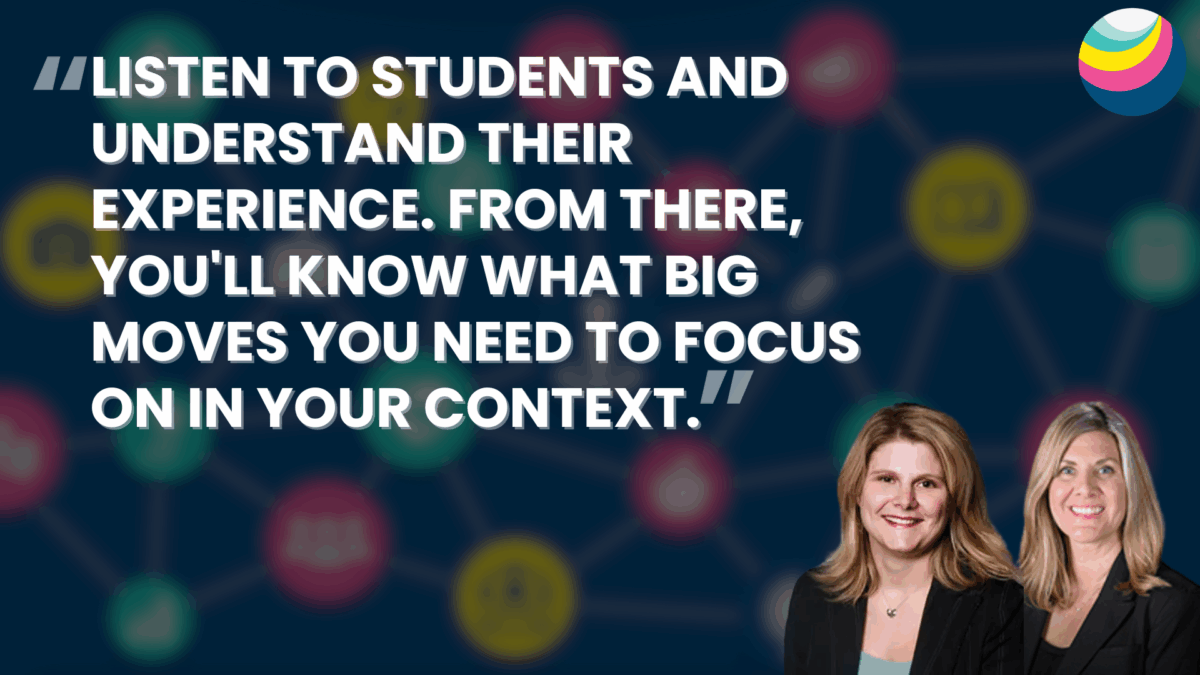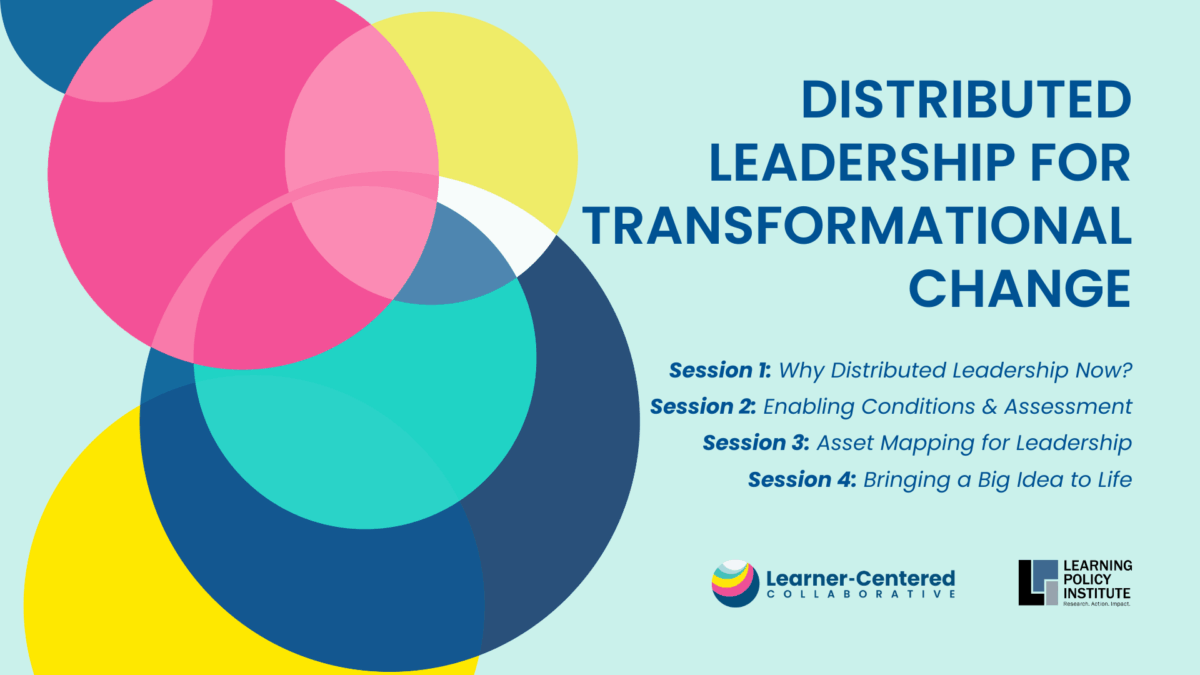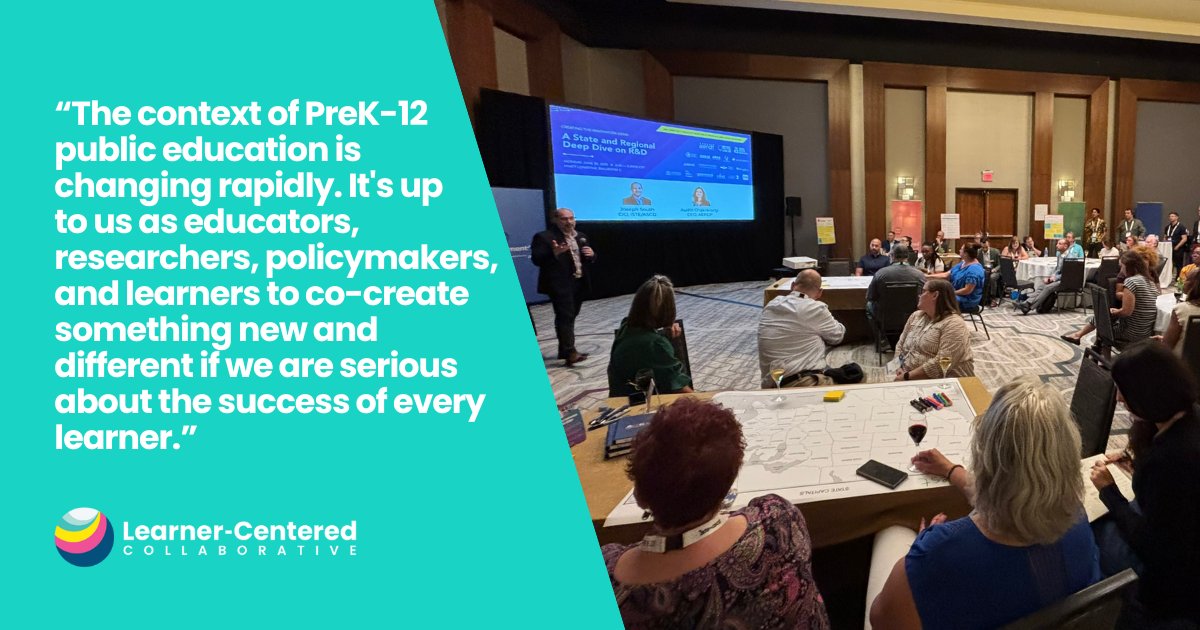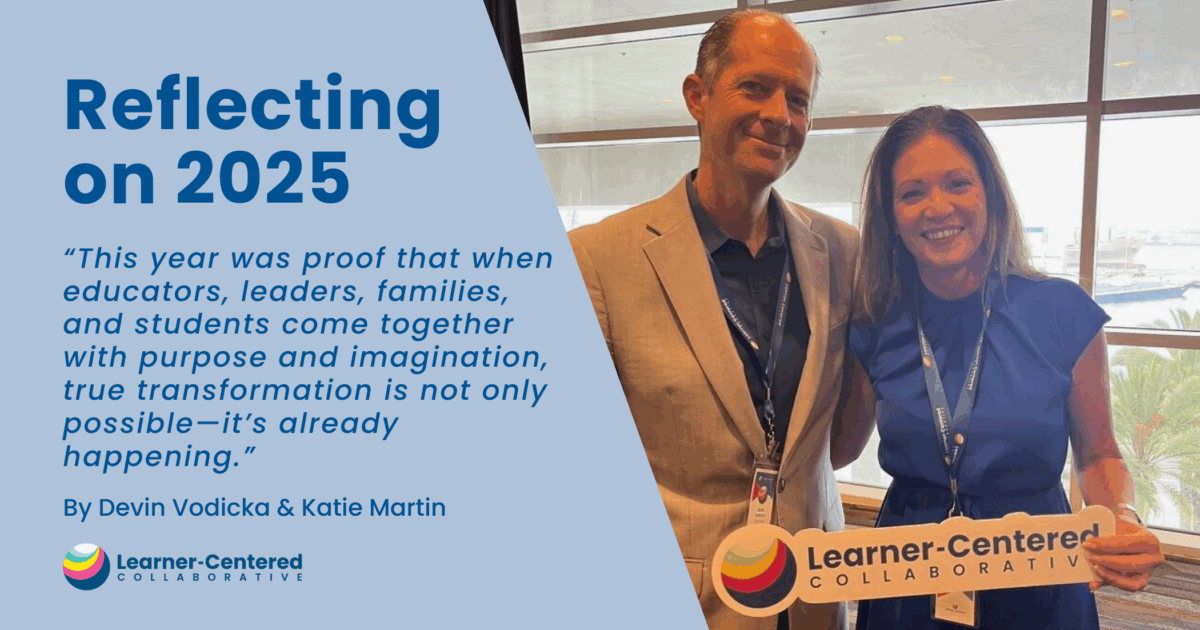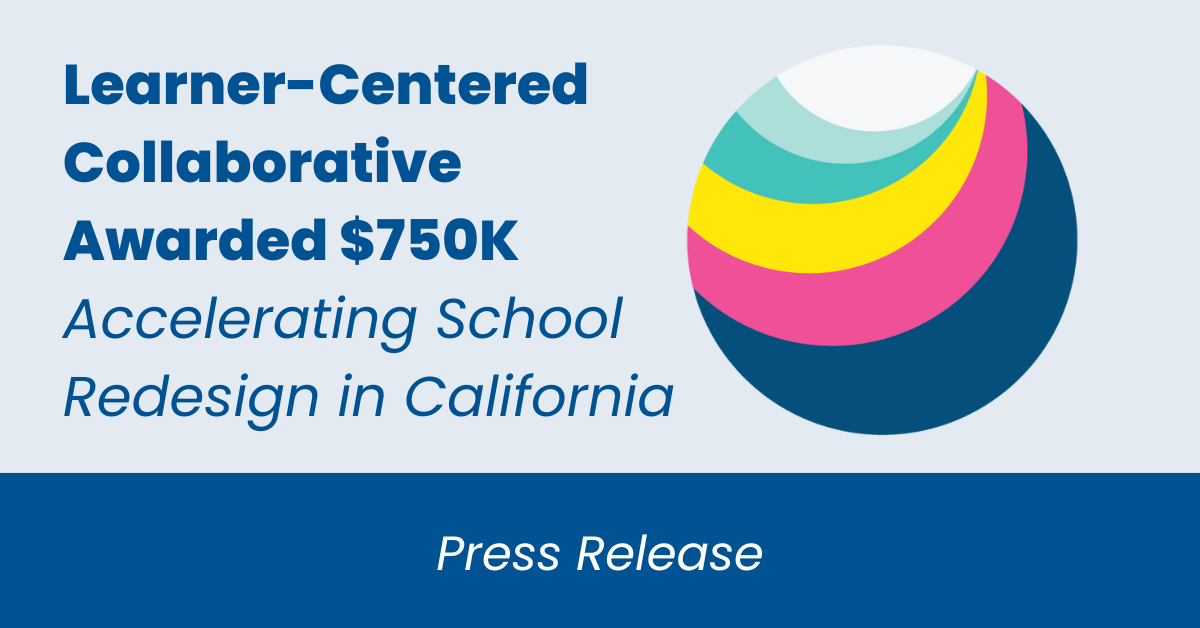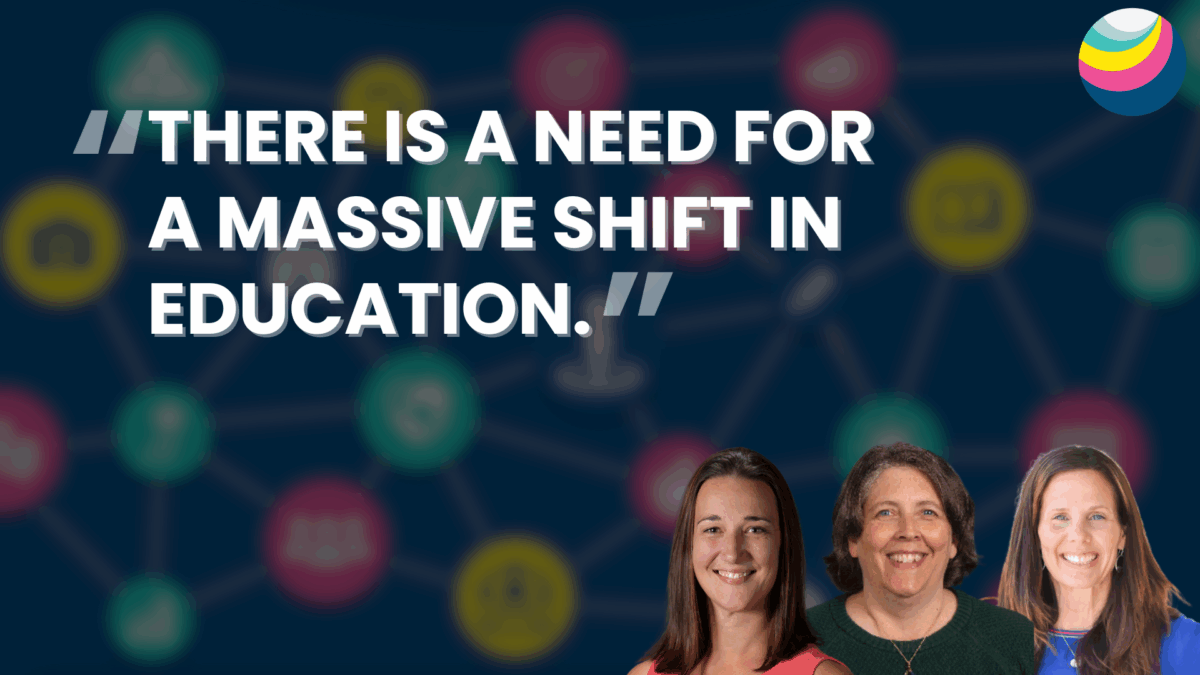Prioritizing Educator Belonging for Successful Learner-Centered Instruction
By Dr. Jennifer Karnopp, Assistant Professor of Educational Leadership, San Diego State University, and Dr. Peter Bjorklund Jr., Lecturer and Research Assistant, UC San Diego
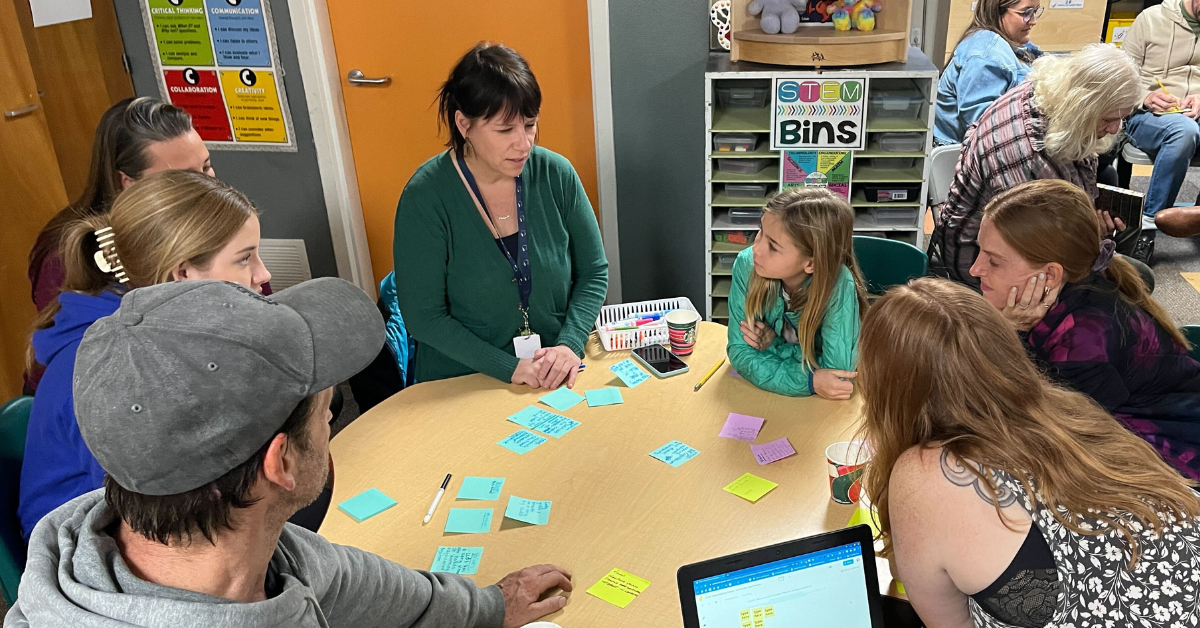
Within the education landscape, it is widely agreed upon that supporting student growth and well-being is at the heart of learner-centered instruction, yet we often overlook the well-being of our educators, those charged with fostering student well-being. The transformation towards a learner-centered school requires more than implementing new organizational routines or teaching and learning strategies. It requires intentionally supporting the well-being of educators at the forefront of this transformation—particularly in an era where teacher attrition is at an all-time high and district leaders across all school contexts are struggling to fill staffing needs.
Well-being encompasses a variety of elements that support teacher flourishing, including health, emotional safety, job satisfaction, and experiencing a sense of belonging at work. Learning how to support teacher well-being is at the center of our work as university researchers and the focus of a robust research-practice partnership with an area school district embarking on this transformation. This work inspired this blog post. We hope to inspire school leaders to pay particular attention to educator sense of belonging and how it can be supported.
Why Does Belonging Matter?
A sense of belonging is a fundamental need and a strong driver of human behavior. It is central to identity formation, essential for community development, and foundational to people’s ability to take cognitive and emotional risks. A strong sense of belonging supports a strong teacher identity, fosters a positive school culture, and creates conditions that enable educators to collaborate effectively with colleagues, students, and the community. As such, it may serve as a protective factor to help teachers address the many challenges they face. From the perspective of schools looking to support a shift to learner-centered instruction, a sense of belonging matters because it helps educators feel safe taking pedagogical risks in the classroom and increases teacher commitment to their students and school community.
What Helps Educators Feel a Sense of Belonging?
In a recent study, we examined the factors that contributed to a sense of belonging among 39 educators who were new to a district. We found the following recurring themes that contributed to these educators’ sense of belonging at school:
- Feeling valued and heard
- Feeling supported by colleagues (emotionally and/or pedagogically)
- Being supported by school leaders
- Having trust in school leadership
- Engaging in collaboration
- Socializing informally with colleagues
What Can School Leaders Do?
School leaders interested in developing a greater sense of belonging among their staff should examine the routines and structures that shape educators’ experiences at school. First, ask yourself:
- Are there structures present that support collaboration and inclusion among teachers?
- Do you have routines in place that lift educator voices and build connections?
- Do you engage in or support organizational practices that enhance teacher confidence?
If you answered yes to all of these questions, great! Next, consider whether the structures and practices you have in place serve these functions for all educators, or are some educators not able to participate or have these experiences because of the constraints of their professional role, the schedule, or their location in the school building. What can you do to include them?
Some routines and practices that fulfill the functions listed above include:
- Teaming structures (grade level, department)
- Shared planning time
- Shared responsibility for shared goals (committees, co-teaching)
- Spotlighting good work, opportunities for “shout-outs”
- Informal conversation time at staff meetings
- Routines that help teachers feel “seen” by central office (classroom visits followed by individual email, hallway conversations)
- Shared space supporting informal interactions
- Mentoring structures
- Routines encouraging teacher observations of colleagues
- Supportive feedback from school leaders
Is There a Way to Measure Belonging?
Traditional school metrics won’t provide much insight into educators’ sense of belonging. However, as interest in this topic grows, new metrics are being developed, including a validated scale (short set of questions) that can be sent out as a quick survey. If you regularly send out a survey to staff, this scale can be added, enabling you to get an accurate read on the current state of belonging among your staff, and help you to assess the impact of new strategies to support belonging.
Interested in learning more? Please contact Jennifer Karnopp at jkarnopp@sdsu.edu and Peter Bjorklund Jr. at pbjorklund@ucsd.edu.
